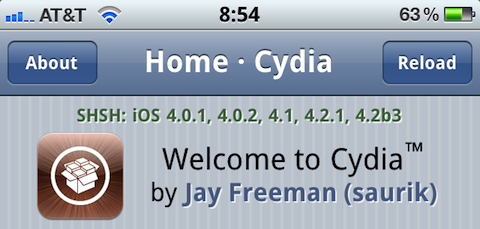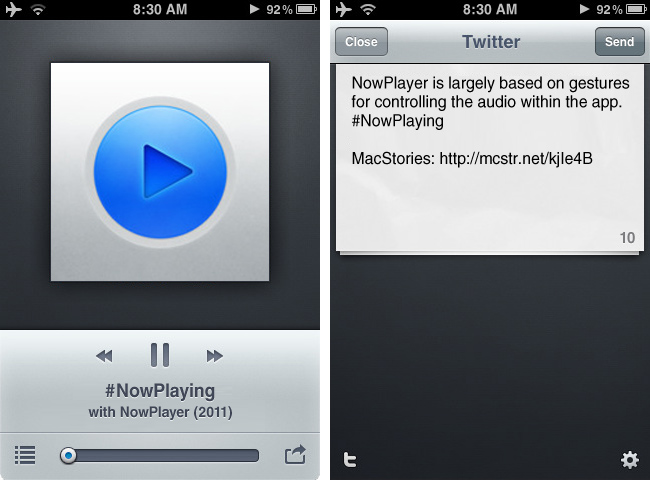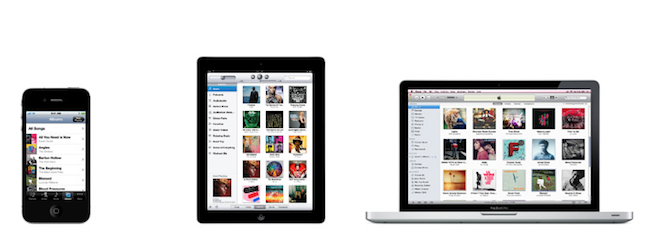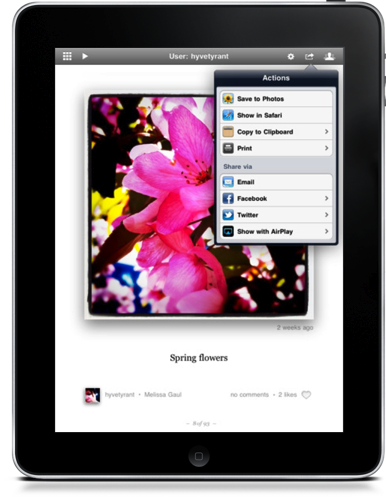Apple and the jailbreak community have always enjoyed somewhat of a cat-and-mouse game between them and today we are learning that Apple has pounced to fix up one of the common circumventions used by jailbreakers. The circumvention in question doesn’t involve an actual exploit to jailbreak devices but rather a way that people were using to downgrade from one iOS version to another – often to a version that was capable of being jailbroken.
Apple had implemented a system where it would only authorize certain iOS builds to be installed, making it nearly impossible for downgrades. The circumvention was that by using SHSH blobs people could use iTunes to restore to a previous firmware version. According to what the jailbreak Dev-Team has said in a blog post today, that is all changing in iOS 5 as Apple moves to a new signing process. As the Dev-Team explains, the new process will become much more like the BBTicket (Baseband Ticket), which will make it much more difficult to reverse engineer:
Starting with the iOS5 beta, the role of the “APTicket” is changing — it’s being used much like the “BBTicket” has always been used. The LLB and iBoot stages of the boot sequence are being refined to depend on the authenticity of the APTicket, which is uniquely generated at each and every restore (in other words, it doesn’t depend merely on your ECID and firmware version…it changes every time you restore, based partly on a random number). This APTicket authentication will happen at every boot, not just at restore time. Because only Apple has the crypto keys to properly sign the per-restore APTicket, replayed APTickets are useless.
It isn’t all bad news though, restoring to pre-iOS 5 firmware versions will still be possible (although it will probably require an old version of iTunes) and tethered limera1n exploits will not be affected by this. As for why Apple has decided to now change this process, the Dev-Team explains that it was only a matter of time before Apple made the changes and that with delta iOS updates, it was made all the more necessary. The Dev-Team ends the post by noting that whilst Apple has “stepped up their game”, there may be ways to combat this move.
[Via Dev-Team Blog]










